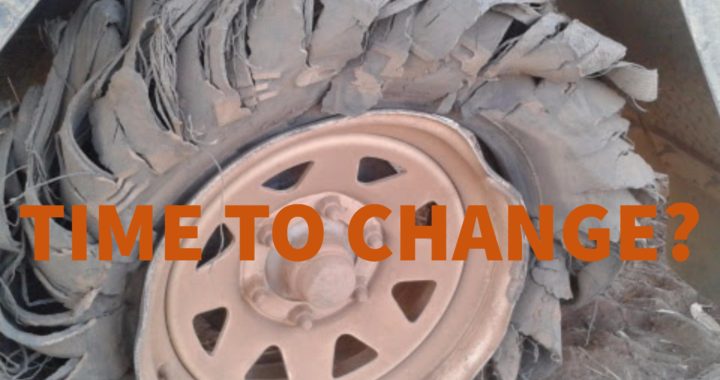Time for an upgrade?
Changing your tax accountant is easy
Many small business clients stay with their exact same accountant even though they feel they are not getting the service, advice or the value they need, even though it is one of the most important relationships that their business has. Would you stay with supplier who was slow to return your phone calls or not telling you about better products your business could be using? Probably not – your business is too important to waste time with second rate contractors.
If your accountant is never available to you when you need them, they don’t get back to you or they are not talking to you about the future and what you can do differently than it may be time to upgrade.
In my experience that people stay with a less than perfect accountant because they are worried that their tax and financial matters are so complicated that it would be too hard or too risky for another accountant to take over their affairs. Truly it’s not the case – a qualified, experienced business advisor can quickly assess your exact set up and issues by reading your financial reports from the existing accountant. To us it’s as easy as reading a set of plans is for a builder – simple when you know what you are looking at.
The first step is to find the exact type of accountant that suits your needs, one who is qualified, understands your industry, is interested in your business, charges you for the value they provide rather than the time they spend and someone that you can have a real, honest conversations about your tax and financial affairs. Once you have found the One, it is your choice whether you would like to let you former accountant know you are changing advisor or let your new accountant take care of the details.
What Happens Next?
Once you’ve given the green light, your new accountant will, as a professional courtesy, write to advise the previous accountant that they have been requested to take over your work. They will also request that any documents and information they need is forwarded to the new accountant.
If you choose this can the way that your former accountant is advised that you are moving on – it can all happen quite simply without any personal involvement from the client.
You may receive a bill from your former accountant for work they have already completed for you. If they present you with a bill that seems too high you should request a detailed explanation of all the work done and it's cost – please do not think that you need to just pay it in order to end the relationship and move on.
The new and improved business advisor will then take over the reins and take better care of you and your business.
